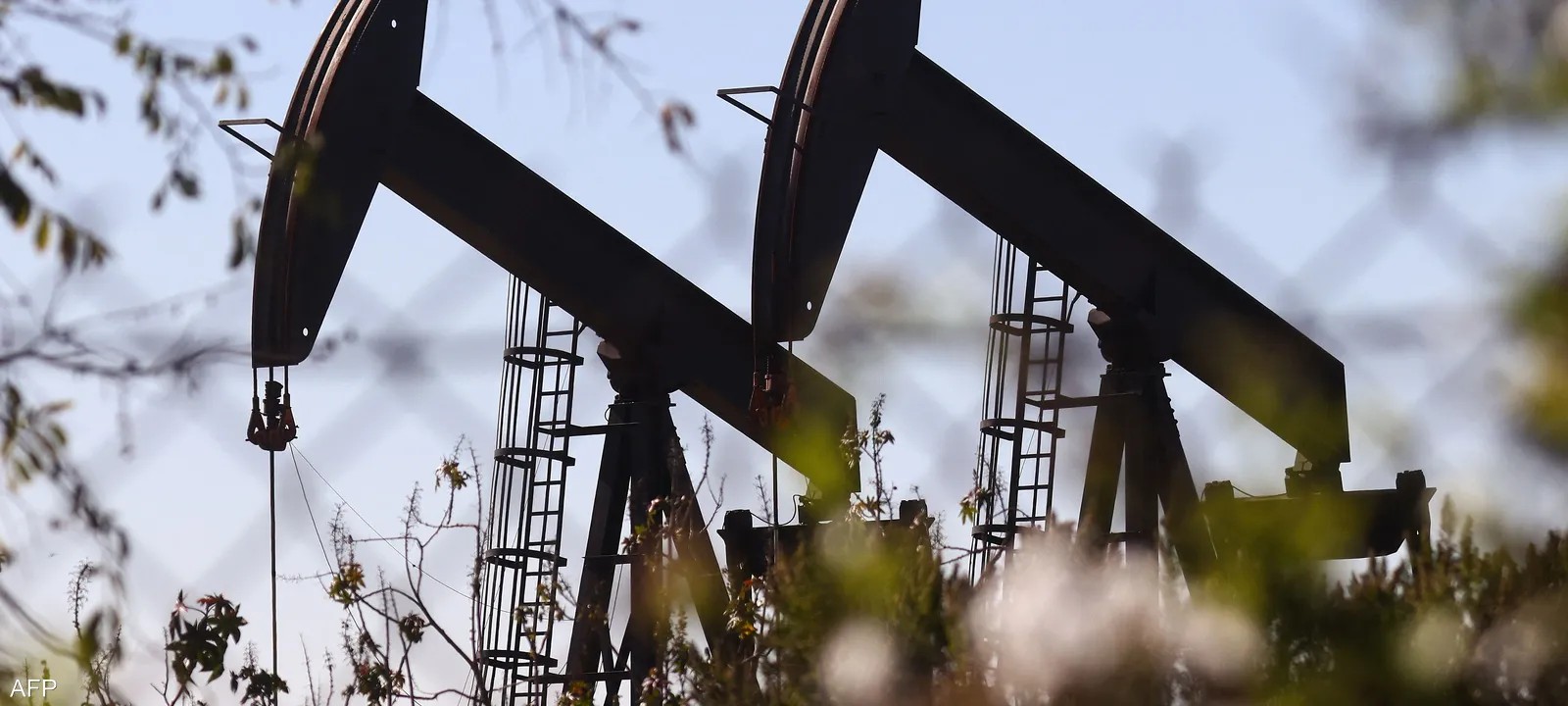The rapid spread of electric cars in China is beginning to have an impact on the global oil market, with Brent crude facing the prospect of falling to $68 a barrel in 2025 if demand for crude in the world’s second-largest economy remains flat.
Oil prices have lost most of their 2024 gains as the risk of supply disruptions remains real due to intractable wars in the Middle East and Eastern Europe.
U.S. crude and Brent have fallen 14% and 13.4%, respectively, from their peaks in April when Israel and Iran nearly went to war. Both benchmarks are up just 3.8% and 1.9% this year, according to CNBC.
Weak China Demand Overshadows Geopolitical Tensions
The main reason was weak demand in China, which overshadowed highly volatile geopolitical tensions in key energy-producing regions that would normally support higher oil prices.
China’s oil demand is up about 200,000 barrels per day in the first half of 2024 compared to the same period last year, three times less than the average increase of 600,000 barrels per day between 2016 and 2019, according to Dan Struyven, chief oil strategist at Goldman Sachs.
Demand in China has contracted this summer compared with a year earlier, according to Struyven. Even the bullish OPEC has cut its 2024 demand forecast due to weakness in China, raising questions about whether member states can afford to boost production from October as promised.
Struyven said demand in China is slowing due to the rapid rise of electric cars and LNG-powered trucks. He said China’s consumption of petrochemicals to make plastics is also returning to normal after surging in the wake of the Covid-19 pandemic.
“There is some slowdown expected with China’s GDP growth slowing and the rapid rise of electric vehicles,” Struyven told CNBC on Wednesday.
Weakness of the oil market pillar
China's oil demand has risen from 4.6 million barrels per day in 2000 to 16.8 million barrels per day today as China has risen to the world's second-largest economy and the largest importer of crude oil, according to Bank of America.
But that growth story may be fading. For the first time ever, new electric and hybrid vehicle sales in China surpassed gas-powered vehicles on a monthly basis in July, according to the China Passenger Car Association. While the association’s data has been questioned in the past, Goldman and Bank of America agree that new-energy vehicles now account for about 50% of new car sales in China.
According to Goldman Sachs, these vehicles have reduced China’s oil demand by 500,000 barrels per day in the first half of 2024. According to the bank, trucks in China may now consume 700,000 barrels per day of LNG, or about 20% of the country’s total demand in barrels of oil equivalent from commercial trucks.
China’s vehicle oil demand is expected to peak in 2025, according to Goldman, but if demand in China remains flat, Brent prices could fall to $68 a barrel by the end of next year, the investment bank said.
Global gasoline demand is slowing as electric vehicles are adopted worldwide. Gasoline demand is expected to grow by 180,000 barrels per day this year, compared with 800,000 barrels per day in 2023, according to Bank of America. In 2025, growth will slow to 150,000 barrels per day.
That slowdown is a problem for investors. Oil becomes attractive when the yield is 14% or more above the cost of production, according to Jeff Currie, Goldman’s former global head of commodities research.
“With what's happening in China, with the structural concerns, it's not viable to own oil — that's the main problem,” Currie told CNBC on Thursday.






































